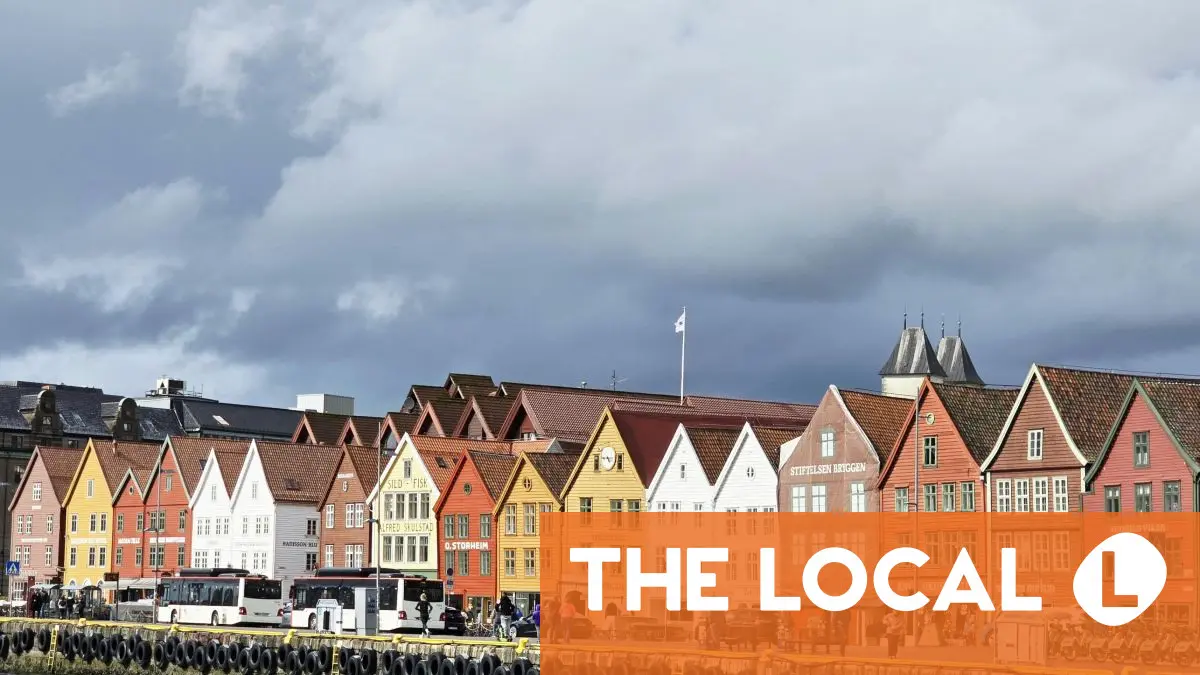Norwegian government commits 1 billion kroner to AI research, Toronto-Dominion Bank under four-year observation by Norway’s central bank, and other news making the headlines on Thursday.
Norway investing 1 billion kroner in six new AI research centres
The Norwegian government has announced a major investment in artificial intelligence (AI), allocating one billion kroner over five years to establish six new national research centres dedicated to the field.
“These centres will help us better understand AI, guide its development and harness its potential to enhance the welfare and drive value creation in Norway,” Prime Minister Jonas Gahr Støre said.
“We must remain in control of the technology and ensure it serves society,” he added.
The Research Council of Norway received 50 applications to become a national research centre for artificial intelligence.
The applications were submitted by more than 600 participants, including research institutions in Norway and abroad, as well as companies and public agencies.
The full press release can be found on the government’s website, here.
Norges Bank places Toronto-Dominion Bank under observation
The central bank of Norway, Norges Bank, has placed Toronto-Dominion Bank (TD Bank) under observation due to concerns that the bank may be involved in or contributing to serious financial crime.
The move follows a recommendation from the Ethics Council and was approved by the bank’s Executive Board.
As of the end of last year, the Government Pension Fund Global, commonly referred to as the ‘Oil Fund’, held a 1.05 percent stake in TD Bank, valued at just over 11 billion kroner.
Observation status means the bank will be subject to heightened scrutiny and closer monitoring for a period of four years.
Advertisement
Stavanger teen linked to murder plot in Sweden
A 16-year-old boy from Stavanger, already charged with planning murders in both Norway and England, is now also linked to a murder plot in Sweden, according to the newspaper Aftenbladet.
The teen’s lawyer, Jørund Lægland, confirmed to the newspaper that his client had admitted some involvement with a criminal syndicate in Gävle, Sweden.
However, the boy has not taken a position on criminal guilt.
The case is part of a wider investigation, the Norwegian Broadcasting Corporation (NRK) reported, with authorities in multiple countries working to uncover the extent of the suspected criminal network.
Advertisement
Norwegian parliament reaches agreement on new Mineral Law
A broad political majority in the Norwegian parliament (Storting) has reached an agreement on a new Minerals Act, giving landowners greater control over mineral exploration on their property.
The Labour Party, Conservative Party, Socialist Left Party, Liberal Party, and several other parties have all backed the revised proposal.
One key element of the new law is the requirement for landowner consent before any surveys of state-owned minerals can be conducted on private land.
The agreement maintains coordinated exploration permits while reinforcing protections for property owners, the parties stated in a joint press release.
Although the government had initially proposed a more expansive framework for mineral extraction back in March, it now appears that the majority in the Storting has rejected aspects of that plan, especially those limiting landowner influence.
